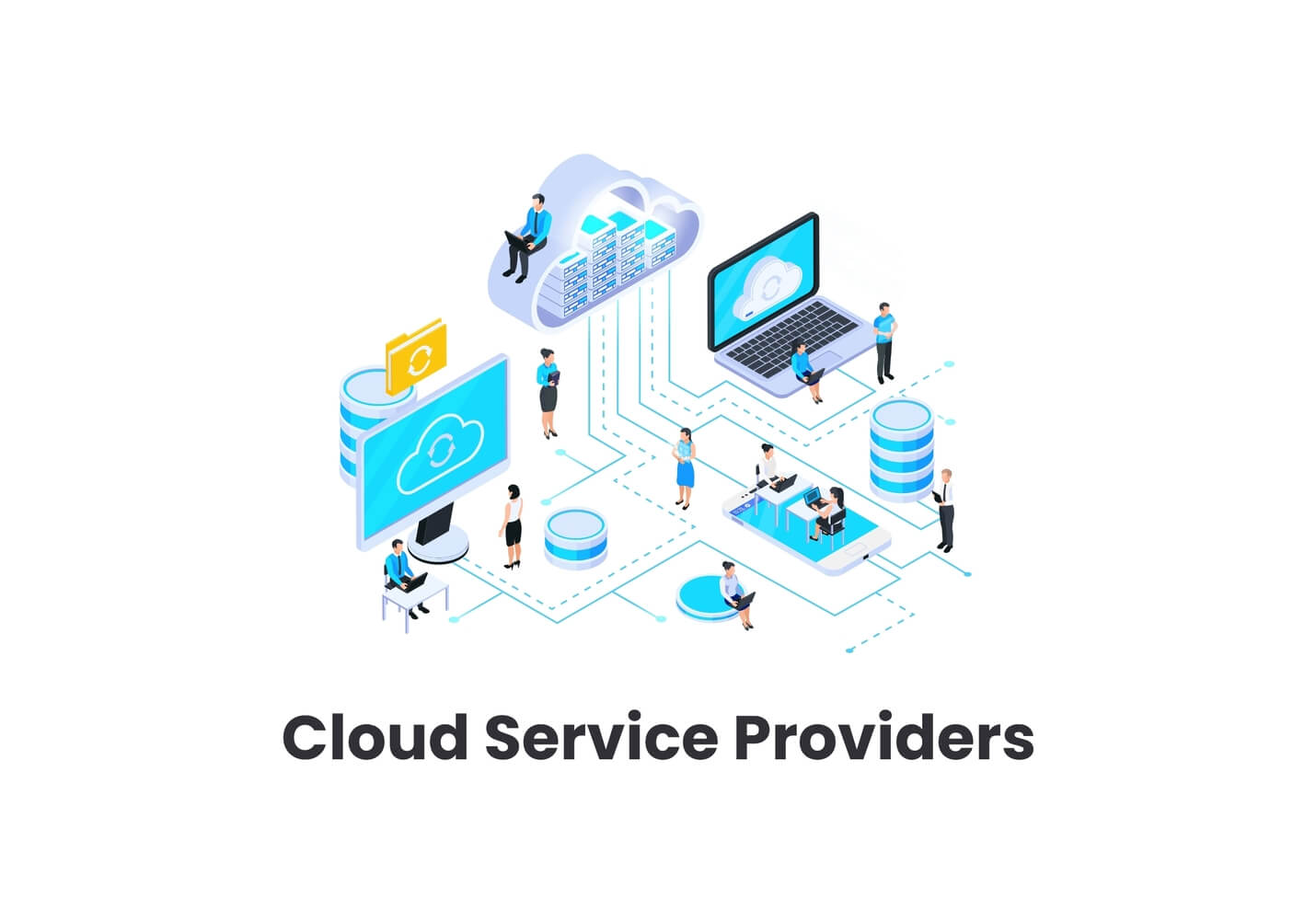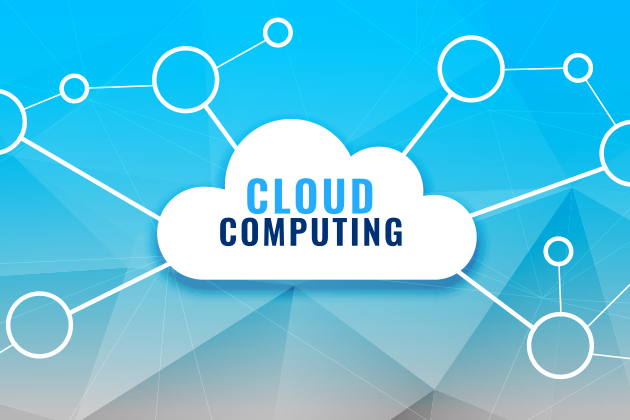Ultimate Guide to LinkDaddy Cloud Services Press Release and Universal Cloud Service
Secure Your Information: Reputable Cloud Providers Explained
In a period where information violations and cyber threats impend huge, the demand for durable data safety and security procedures can not be overstated, especially in the world of cloud solutions. The landscape of trusted cloud services is evolving, with encryption methods and multi-factor verification standing as pillars in the fortification of sensitive details.
Importance of Data Security in Cloud Provider
Guaranteeing robust data security procedures within cloud services is critical in guarding delicate information against potential dangers and unauthorized access. With the boosting dependence on cloud solutions for storing and processing data, the demand for rigid safety and security protocols has actually become much more important than ever. Data violations and cyberattacks present considerable dangers to organizations, bring about monetary losses, reputational damages, and legal ramifications.
Implementing strong verification mechanisms, such as multi-factor verification, can help stop unauthorized accessibility to cloud data. Normal safety audits and susceptability analyses are also important to identify and attend to any powerlessness in the system without delay. Enlightening workers regarding ideal practices for information protection and enforcing strict accessibility control policies even more boost the overall safety and security posture of cloud solutions.
Furthermore, conformity with market laws and criteria, such as GDPR and HIPAA, is vital to guarantee the defense of sensitive data. Security strategies, secure information transmission protocols, and data back-up procedures play critical duties in safeguarding information saved in the cloud. By prioritizing data security in cloud services, companies can build and minimize dangers trust fund with their clients.
Encryption Methods for Data Defense
Efficient information protection in cloud services depends greatly on the implementation of robust file encryption strategies to safeguard sensitive info from unapproved accessibility and potential safety breaches (Cloud Services). Security involves transforming data into a code to stop unauthorized individuals from reading it, guaranteeing that even if data is intercepted, it remains indecipherable.
Furthermore, Transport Layer Safety And Security (TLS) and Secure Sockets Layer (SSL) procedures are generally used to secure information throughout transportation in between the customer and the cloud server, offering an additional layer of safety. File encryption crucial administration is crucial in maintaining the honesty of encrypted information, making sure that tricks are safely saved and taken care of to protect against unapproved accessibility. By applying strong encryption techniques, cloud provider can boost information security and instill rely on their individuals relating to the safety of their info.

Multi-Factor Verification for Improved Security
Structure upon the foundation of robust security methods in cloud services, the execution of Multi-Factor Authentication (MFA) acts as an extra layer of safety and security to enhance the defense of sensitive information. MFA calls for customers to offer 2 or more kinds of confirmation prior to giving accessibility to their accounts, making it dramatically harder for unauthorized people to breach the system. This authentication method generally entails something the individual recognizes (like a password), something they have (such as a mobile phone for obtaining verification codes), and something they are (like a finger print or facial acknowledgment) Recommended Site By combining these aspects, MFA minimizes the danger of unapproved access, also if one factor is jeopardized - linkdaddy cloud services press release. This added protection step is critical in today's digital landscape, where cyber threats are significantly advanced. Implementing MFA not just safeguards data but likewise improves user confidence in the cloud company's commitment to information security and privacy.
Data Back-up and Disaster Recuperation Solutions
Executing durable information backup and disaster recovery options is necessary for safeguarding important details in cloud services. Information backup entails creating copies of data to guarantee its schedule in case of data loss or corruption. Cloud solutions use automated backup choices that consistently save data to secure off-site servers, decreasing the risk of information loss because of hardware failings, cyber-attacks, or customer errors. Disaster recuperation remedies focus on restoring information and IT framework after a disruptive event. These solutions consist of failover systems that instantly change to backup servers, data replication for real-time backups, and recovery approaches to minimize downtime.
Normal screening and upgrading of back-up and calamity recovery strategies are important to ensure their efficiency in mitigating data loss and lessening disturbances. By implementing dependable data backup and catastrophe healing options, companies can boost their data safety pose and keep service connection in the face of unanticipated events.

Compliance Criteria for Data Privacy
Offered the raising focus on data protection within cloud solutions, understanding and sticking to compliance requirements for data privacy is paramount for companies running in today's electronic landscape. Compliance requirements for data privacy encompass a collection of standards and laws that companies must follow to make sure the security of sensitive details stored in the cloud. These requirements are made to protect information against unauthorized access, breaches, and misuse, therefore cultivating depend on between organizations and their clients.
One of one of the most well-known compliance criteria for data personal privacy is the General Information Security Law (GDPR), which applies to companies dealing with the individual data of people in the European Union. GDPR mandates image source rigorous requirements for information collection, storage, and handling, imposing hefty fines on non-compliant businesses.
Furthermore, the Health Insurance Policy Portability and Liability Act (HIPAA) sets requirements for shielding sensitive client wellness information. Complying with these conformity requirements not just helps organizations stay clear of lawful consequences yet also demonstrates a dedication to data personal privacy and safety, enhancing their reputation amongst stakeholders and consumers.
Conclusion
Finally, making certain information safety and security in cloud solutions is critical to protecting sensitive information from cyber threats. By carrying out robust security strategies, multi-factor authentication, and reputable data backup remedies, organizations can minimize risks of data violations and maintain compliance with information privacy criteria. Complying with finest practices in data safety and security not just safeguards important details yet also promotes count on with stakeholders and clients.
In an age where information breaches and cyber dangers loom big, the requirement for durable information security procedures can not be overemphasized, particularly in the realm of cloud services. Implementing MFA not just safeguards information however also boosts user confidence in the cloud solution supplier's commitment to data safety and security and privacy.
Data backup involves creating duplicates of data to ensure its accessibility in the occasion of data loss or read more corruption. cloud services press release. Cloud services use automated back-up choices that on a regular basis conserve information to protect off-site servers, decreasing the risk of data loss due to equipment failings, cyber-attacks, or individual errors. By executing durable file encryption strategies, multi-factor authentication, and dependable information backup options, organizations can alleviate risks of information violations and maintain conformity with information privacy criteria